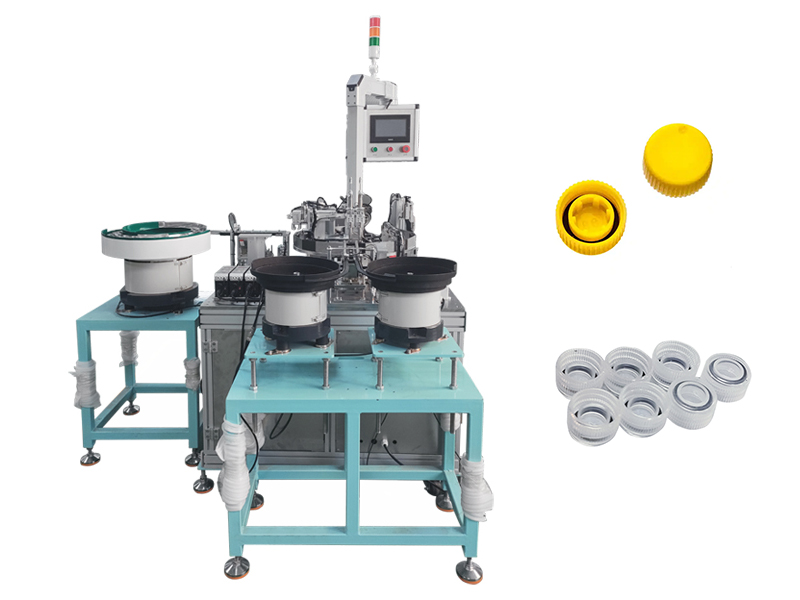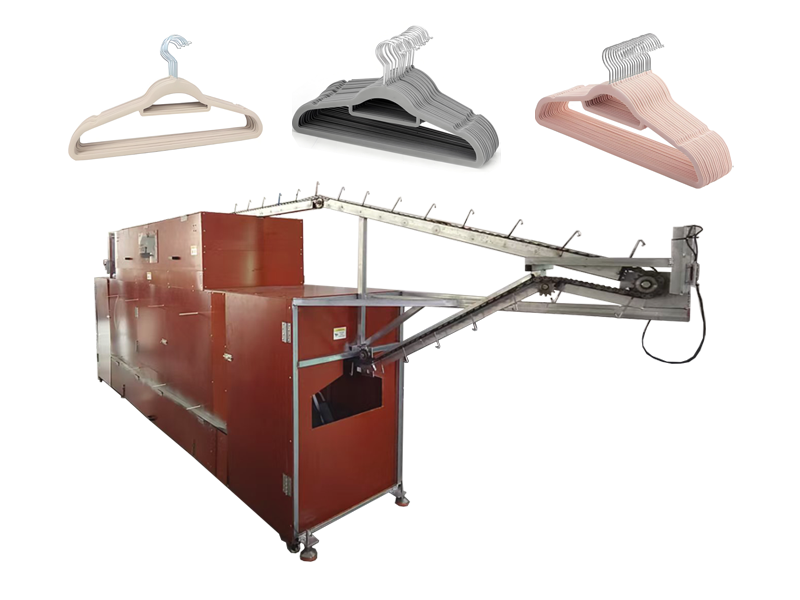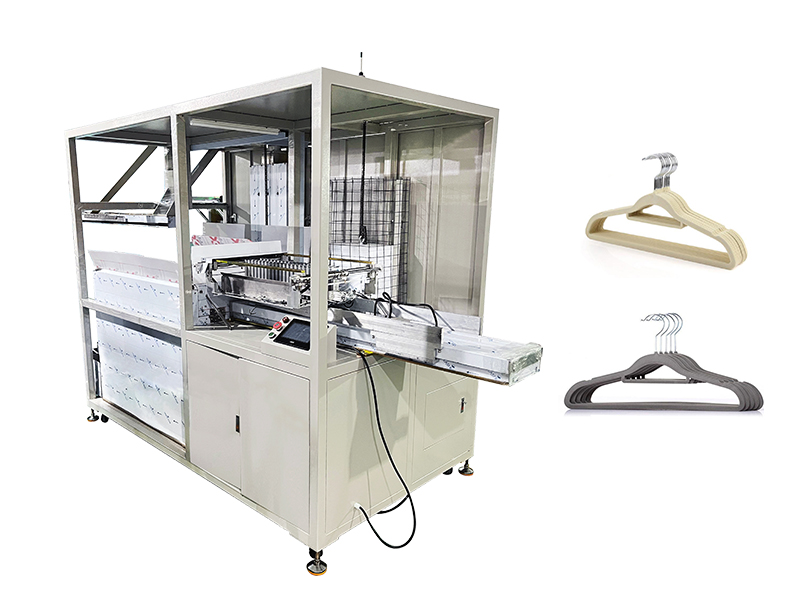Release Date:2025-07-02 11:30:50 Popularity:
Automation equipment customization refers to the design and manufacture of non-standard automation equipment or production line systems based on the company's specific production process, product specifications, site restrictions, process parameters, etc. Compared with standard equipment, customized automation equipment is more targeted, flexible and highly adaptable, and can maximize the satisfaction of customers' personalized needs while maintaining production efficiency.

The scope of equipment customization is wide, including but not limited to automatic assembly lines, automatic packaging lines, automatic testing equipment, automatic handling systems, robot integration applications, intelligent sorting systems, etc., involving electronics, medical, food, automobiles, hardware, home appliances, logistics and other industries.
I. Process of customized automation equipment
Demand research and solution planning: Engineers have an in-depth understanding of the customer's process flow, production capacity goals, quality standards and actual workshop conditions, and form a preliminary design plan and functional architecture diagram.
Mechanical and electrical design: Combine 3D modeling software with the electronic control system development platform to carry out detailed design of mechanical structure, circuit logic, human-computer interaction interface, etc.
Parts processing and assembly debugging: Purchase or process equipment parts, complete mechanical installation, electrical wiring, program writing, and debug and run in the laboratory or customer site.
Functional acceptance and training delivery: Test acceptance is carried out according to performance indicators, and operation training, maintenance manuals and after-sales guarantee solutions are provided to customers.

II. Advantages of customized automation equipment
Highly matching customer needs: The equipment is completely customized according to customer products and processes to avoid functional redundancy or insufficient performance, and achieve "tailor-made".
Improve efficiency and production capacity: Accurately connect the process flow to achieve fast and stable production, shorten the cycle, and increase output per unit time.
Optimize resource allocation: Streamline manpower, reduce labor intensity, reduce human operation errors, and improve overall factory management efficiency.
Enhance product consistency and quality control: Stable operation of automation equipment can significantly reduce human errors and improve product consistency and traceability.
Strengthen corporate competitiveness: Having unique and efficient production capacity can serve as the core barrier of the enterprise and provide technical support for taking on complex orders.

Automation equipment customization is an important bridge for traditional manufacturing companies to move towards intelligent manufacturing and digital factories. It is not only the output of technical services, but also a systematic project that deeply understands customer needs and combines process innovation and intelligent control to optimize the entire process. In today's highly competitive manufacturing industry with rapidly changing demands, while pursuing efficiency improvement and cost control, companies are also paying more and more attention to the flexibility and personalization of production systems. Customized automation equipment has naturally become a key solution for modern industry to achieve lean production, differentiated competition and industrial upgrading.